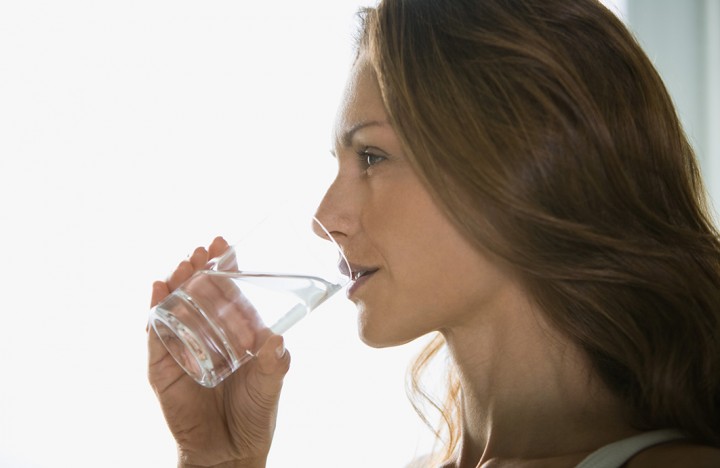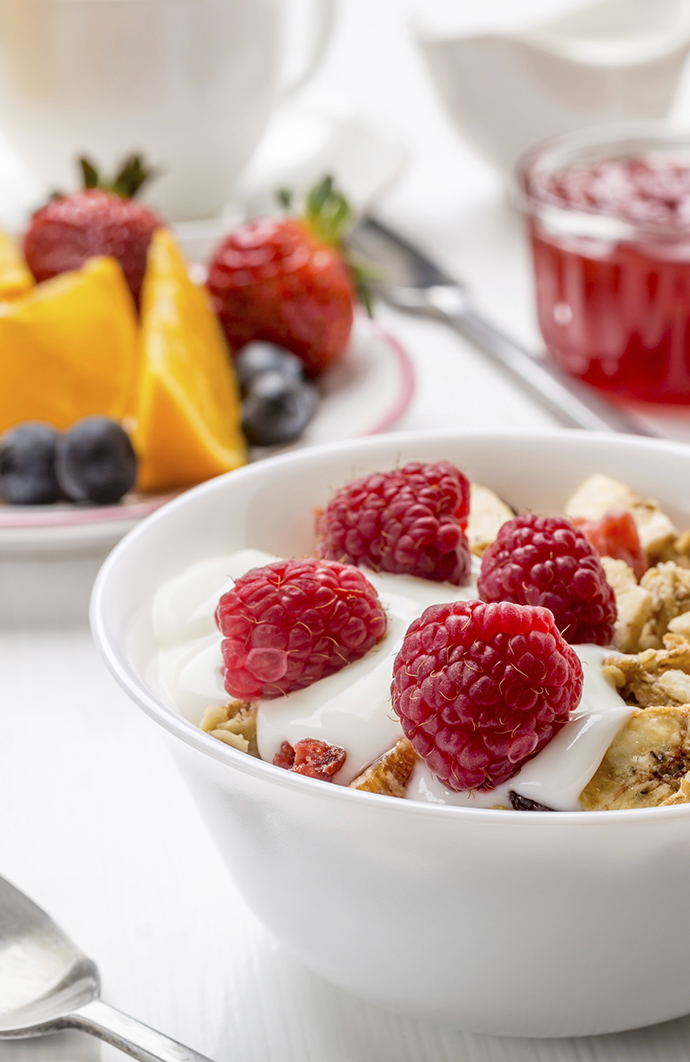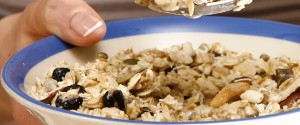Keep Hydrated

Keeping hydrated is one of the most important things you can do. Your body requires water to survive. Every organ, tissue, and cell in your body needs water to function efficiently. But the body is always losing water. Water makes up over half of your body weight, but you lose water every day when you urinate, when you breathe, and when you sweat. This happens even faster when the weather is extremely hot, when you are sick, or when you are physically active. If you do not replace the water you lose, you run the risk of becoming dehydrated. Symptoms of dehydration include dizziness, confusion, headache, extreme thirst, fatigue, dry mouth, and dark urine. It is important not to wait until you notice symptoms, before taking action to rehydrate yourself. You can prevent dehydration by making a habit of drinking water throughout the day.
Who is it good for?
People who are not able to get enough fluids during the day, are sick, have medical conditions, exercise frequently, or work physical jobs have a high risk of becoming dehydrated. This means people of any age are potentially at risk—although older adults tend to be at a higher risk.
You should also increase the amount of water you drink if you are trying to lose weight, have had diarrhea, have vomited, have a fever, plan on exercising later, plan on spending a lot of time outdoors in hot weather, are pregnant, or have a medical condition like a bladder infection or kidney stones. Different people need different amounts of water to stay hydrated. While most people have heard that they should drink six to eight glasses of water a day, others require either less or more than that amount. There are several things you can do to help stay hydrated. Always keep a bottle with you during the day. If you aren’t a fan of plain water, add a slice of lime or lemon to your drink. Always make sure to drink water before, during, and after you exercise. You should also drink water when you feel hungry, as thirst can sometimes be mistaken for hunger. Some studies have shown that drinking water when you feel hungry will actually help you feel full. Lastly, if you have trouble remembering to drink water, try to follow a schedule. For example, have a glass of water when you wake up, with every meal, and when you go to bed. Keep a glass or bottle of water on your desk while you work and always take a water bottle when you go to the gym or play sports.
Compare
Water is your best option for staying hydrated, although other foods and drinks can help you stay hydrated as well. Herbal teas, milk, and fruit juices, for example, all contribute to better hydration. Even caffeinated drinks like soda and coffee can prevent you from becoming dehydrated. However, drinking too many caffeinated drinks will cause you to urinate more frequently, which works against the hydrating process. Sports drinks are extremely helpful in improving hydration. They contain electrolytes and carbohydrates that can help your body absorb water and also increase your energy. It is important to choose your sports drink wisely, though. Be wary of energy drinks; they typically contain large amounts of caffeine and other stimulants that can actually be harmful to your body.






